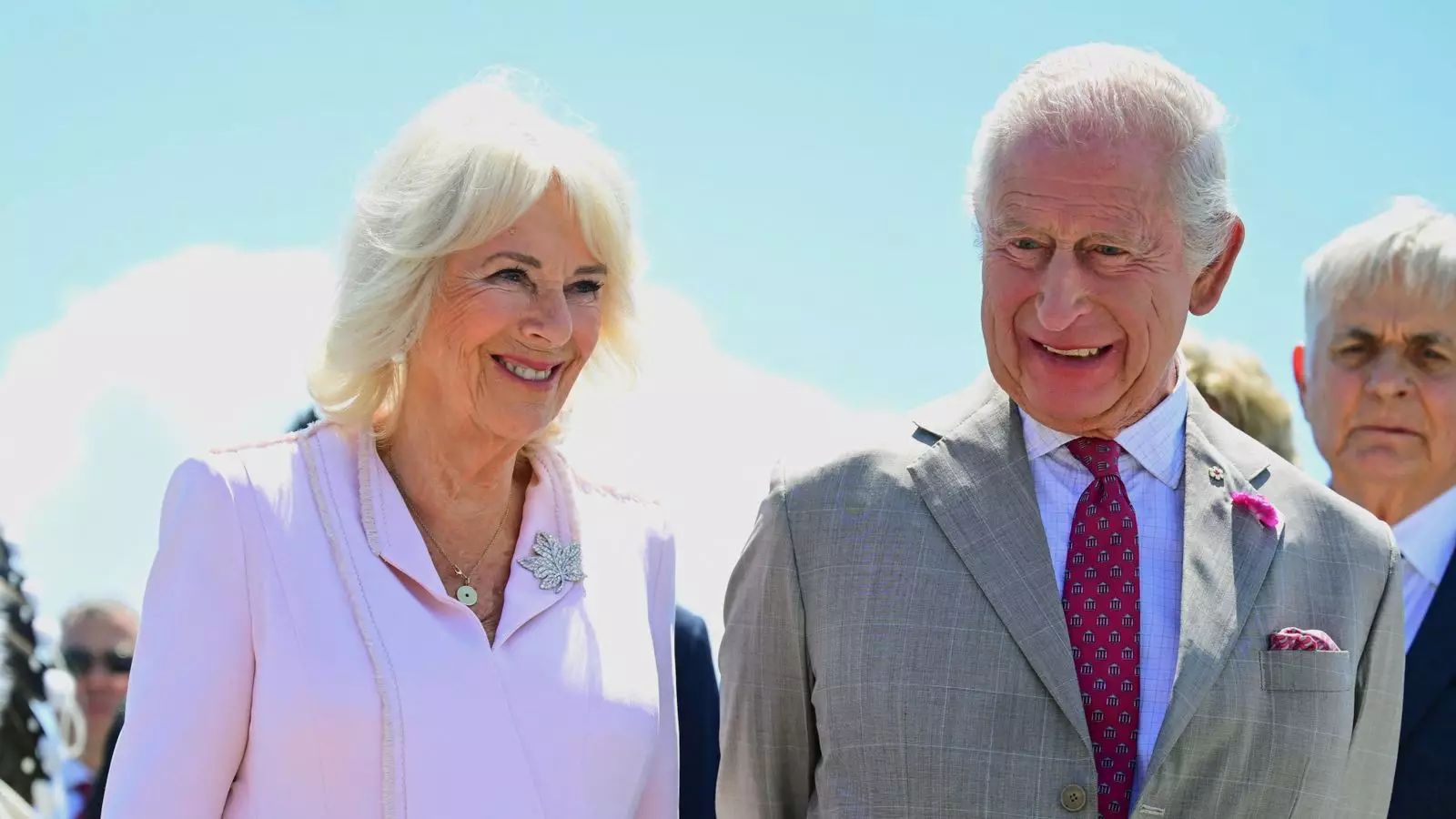The recently released records from Buckingham Palace detailing the gifts presented to the Royal Family reveal a stark contrast between the extravagant world of monarchy and the everyday struggles of the average citizen. Among these opulent offerings lies a Rolls-Royce Cullinan, a luxury SUV valued at over $440,000, gifted by King Hamad bin Isa Al Khalifa of Bahrain. While one might marvel at such grandeur, it begs the question: does gift-giving in this context signify a genuine diplomatic gesture, or does it merely solidify the continued reverence for a relic of a bygone era? The royal gifts are not just tokens; they serve as contemporary indicators of authority, wealth, and social status, highlighting the vast chasm between the life of a monarch and that of the public they supposedly serve.
The Absurdity of Official Gifts
One cannot help but feel a sense of absurdity when delving into the list of extravagant presents bestowed upon Britain’s royalty. In addition to the queen’s extravagant gifts during her reign, such as rare artefacts from Amazonian Indigenous leaders and a framed Ukrainian flag, there are instances that lay bare the surreal nature of monarchy. A Cobble stone from the Coronation Street set, two gin glasses, and even a Cedar of Lebanon tree from Pope Francis connote a world where reality television and sacred symbols intertwine. It’s as if the royal gift-giving is a pantomime, echoing more of a surrealist play than the dignity one would expect from a constitutional monarchy.
Tax-Free Treasures for the Elite
While the financially burdened citizens of the UK reel under the pressure of rising expenses, the Royal Family operates in a realm insulated from such grievances. Official gifts remain untaxed, and as per palace protocols, they are not considered personal property. This accessibility to indulgence raises all sorts of ethical considerations. Why should a lineage of inherited privilege enjoy tax exemptions on items that represent a substantial economic value? The wealth amassed in official gift collections nurtures a culture of entitlement that stands in stark contrast to the values of equality and middle-class virtues more commonly espoused by today’s society.
Where Do We Draw the Line?
As Britain’s citizens grapple with pressing issues—from the cost of living crisis to the robust demand for meaningful reform—the image of a Rolls-Royce parked in a royal garage serves as a glaring reminder of disparate priorities. In an age where public trust in institutions is waning, these revelations concerning the Royal Family’s gifts ought to prompt a dialogue. Should the monarchy remain a cornerstone of British identity? Or are we merely perpetuating an archaic institution that should have long been relegated to the pages of history? It’s imperative that we question the validity of maintaining such lavish customs when the very principle of monarchy is supposed to be one of service, not spectacle.
Through recognizing the opulence of royal gifts as a reflection of an outdated hierarchy, we confront the potential need for revaluation. It is about time we reflect on the modern monarchy’s role in a democratically inclined society, where the enshrining of luxury ought to take a backseat to the pressing needs of a diverse and evolving population.


Leave a Reply